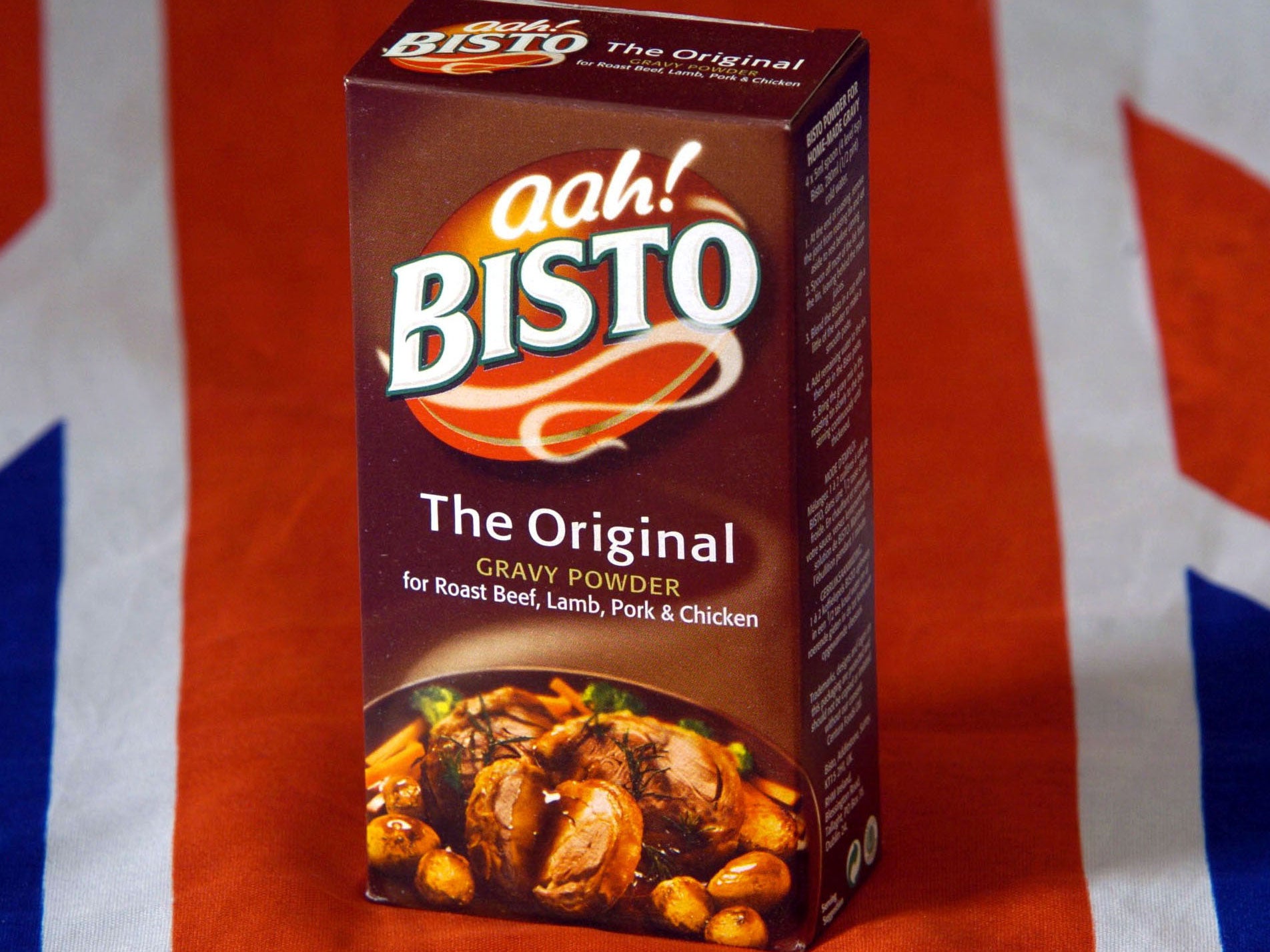Why Premier Foods £32m pension windfall is troubling
Scheme members are taking on the risk of the company's turnaround when it is Premier's investors who should be doing that

The financial media largely shrugged its shoulders in the wake of Mr Kipling maker Premier Foods announcing a £32m pension windfall. That’s a pity because this is a story that matters to everyone lucky enough to have a final salary pension provided by their employer.
Premier has told its investors that it has stirred up a tasty a deal with the trustees of its two pension schemes that “significantly reduces the group’s cash outflow over the next three years” resulting in the aforementioned windfall. That'll have them purring "aah" quicker than a pan full of Bisto gravy.
When your recent history is unhappy as Premier’s has been the news is as sweet as a bowl of Ambrosia custard.
Premier has been suffering from a nasty case of corporate indigestion, like eating a plateful of Mr Kipling’s after having spiced up a Sharwood’s sauce with a liberal dose of naga flakes.
Last year it brushed off a bid from US spice maker McCormick, opting instead for a “co-operation agreement” with a Japanese noodle maker Nissin that infuriated some of group’s institutional shareholders who started to question the board’s “objectivity”.
Premier then blamed the weather (never a good sign) for a warning on sales in October, and served up a profit alert for desert in January. Activist investors demanded (and got) a seat on the board a couple of weeks ago. While all this has been going on the shares have been, well, Smash-ed.
The pension deal gave the stock a modest boost, and the money gives management some much needed breathing space with which to get the company in better shape so that you would hope the extra £19m it needs to cough up in years 4-6 will be manageable.
But there’s something about this that smells like a bowl of Angel Delight made up with bad milk.
Both Premier's schemes are closed to new members, as is usually the case with pensions where the employer bears the risk rather than the employee.
Despite this, the Premier Foods scheme is deeply in deficit, to the tune of more than £300m. Its other scheme, that came to the company through the acquisition of Rank Hovis McDougall (RHM), is in surplus. The latter has agreed to take on £6m of admin costs that were previously met by the company as part of the deal.
Now the agreement to do that is understandable in one context, and one context alone: Both schemes would be in a better position were Premier to get itself back on its feet.
But should members of the RHM pension scheme be “taking one of the team” like this and accepting some of the risk involved in turning this company around? Or should that be up to the company’s investors? Should a deal like this have been agreed in the first place, given the size of the Premier scheme’s black hole?
The company ought to have paid more into it. Had it done so, there would be no deficit. Its investors will have been the beneficiaries of that.
Now that things are looking as sticky as Atora suet, it is they who should be supplying any financial ingredients needed for a turn around plan, and not pension scheme members.
This deal is sweeter than a Cadbury cake (made under licence) for them, and for the company’s management. Sour is the word I’d used to describe for how members of either pension scheme should feel.
It is true that if Premier's much criticised chief executive Gavin Darby uses the resources released to invest in the business, revive the company, and plug the hole in the Premier scheme, no harm will have been done. But the history of these sort of arrangements at other companies doesn’t auger well.
Join our commenting forum
Join thought-provoking conversations, follow other Independent readers and see their replies
Comments
Bookmark popover
Removed from bookmarks